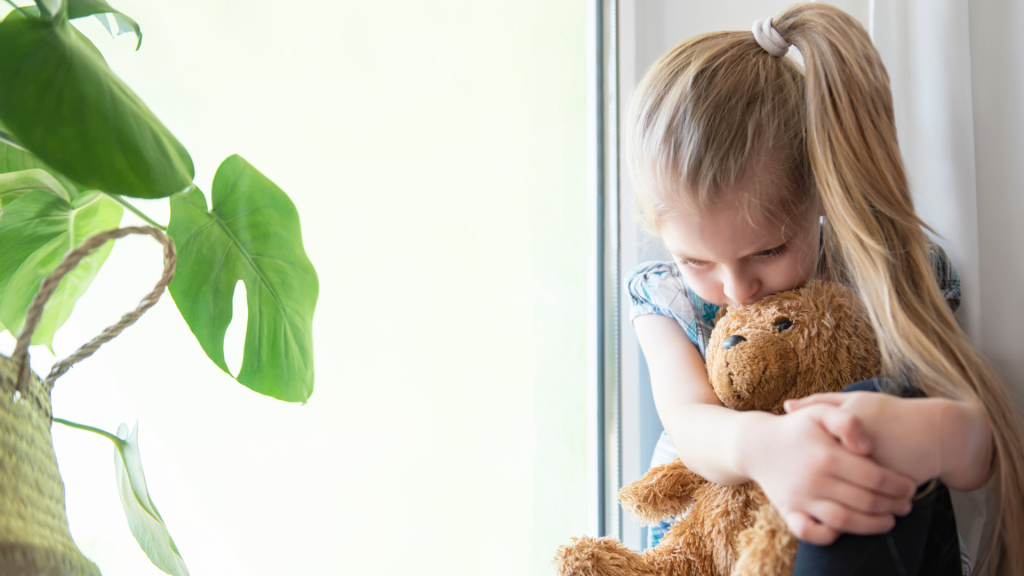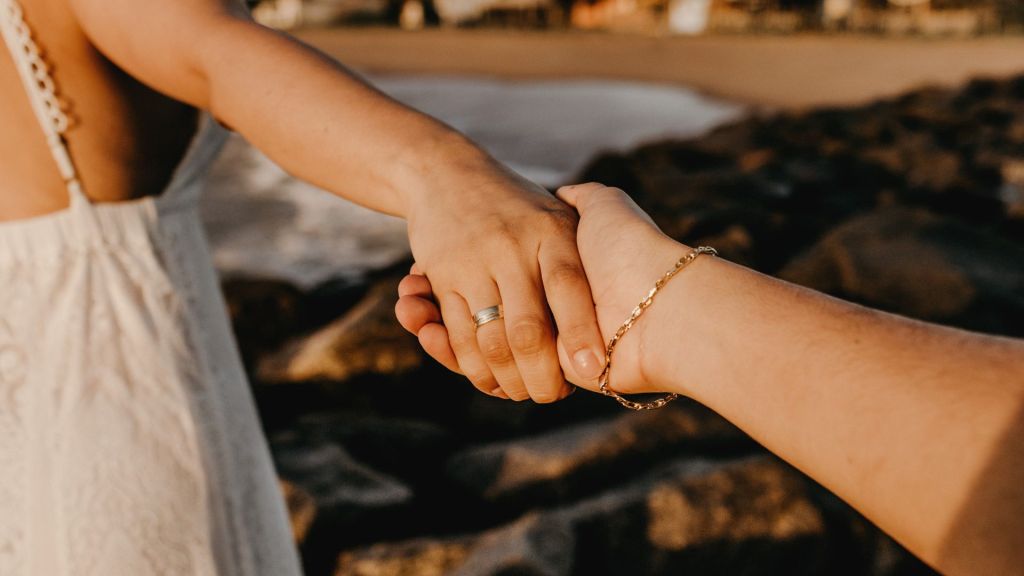Embracing the Power of Forgiveness: Letting Go and Finding Empowerment
Have you ever wondered why others hurt us? This question used to constantly swirl in my mind until I shifted my focus to a more introspective query: Why do I allow myself to get hurt?
The Burden of Unanswered Questions: Unraveling Childhood Anger and Healing Wounds
Recently, I experienced a profound anger that stemmed from childhood emotions. I was furious that my own flesh and blood wasn’t there for me, choosing to leave and never play a permanent role in my life. The relentless “why” haunted me for years until it struck me that the reasons behind their actions were not mine to know. What truly mattered was recognising that harboring anger didn’t hurt them—it only hurt me. So, why would I want to cling to an emotion that causes me pain? It’s as if I believed that by being angry, they would suffer or understand the impact they had on me. In reality, what was I really thinking?
Upon reflection, I’ve come to understand that we are all doing our best, navigating through life’s challenges with the tools and lessons we’ve been given. Whether right or wrong, we can only offer what we know and what we’re capable of at any given time. The reasons people act as they do reflect on them, not on us.

Unravelling Expectations: Shifting Perspectives and Finding Acceptance
The tools and lessons we’ve acquired shape our expectations of how life should be. For instance, I expected parents to bring us into this world and be there for us unconditionally—to protect us, keep us safe, and love us forever. These expectations stem from the belief systems instilled in us since birth. Let’s consider an example: when a parent leaves the family unit, the other parent may repeatedly lament their absence and their failure as a parent. Perhaps the departing parent simply didn’t possess the innate ability to fulfill that role, so they believed leaving was their best effort. Maybe they genuinely tried to remain in the child’s life but, for countless reasons, found it impossible. We could spend a lifetime wondering “why,” but it would lead us nowhere.
Now, envision the same scenario, but this time the remaining parent discusses the struggling parent’s challenges, explaining that they did their best and no one is to blame. With this perspective, you might find more acceptance of the situation, acknowledging that they did what they could at that time. Blame, anger, and resentment won’t bring them back or alter the circumstances. Parents are individuals with their own emotions, wounds, and reasons for their actions. If we release our expectations, how can we sustain anger?
The Transformative Power of Letting Go: Embracing Forgiveness for Inner Healing
There is no magical remedy to erase past deeds, but forgiveness is a choice to let go—to no longer hold onto the pain, anger, and resentment. By forgiving a person, a situation, or even yourself, you can loosen the grip of negative emotions and experience a sense of liberation.
Clutching onto those negative feelings won’t change the situation or the person who hurt you. It only affects how you feel within yourself. Recall a time when you were angry—how did your body react? Tense and constricted, right? Now, recall a time when you felt calm and content—notice the shift in your body from tension to relaxation.
Letting go through forgiveness is a potent tool to shift your mindset from negative to positive. It transforms your thoughts from victimhood to empowerment. Only you can choose which emotions to cling to and which to release, and forgiveness is an incredible starting point.

